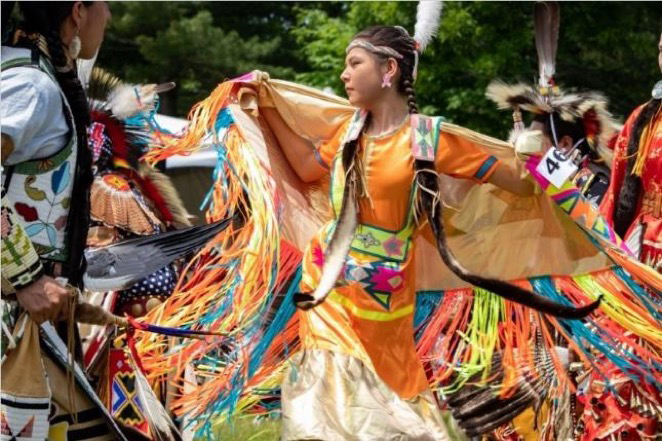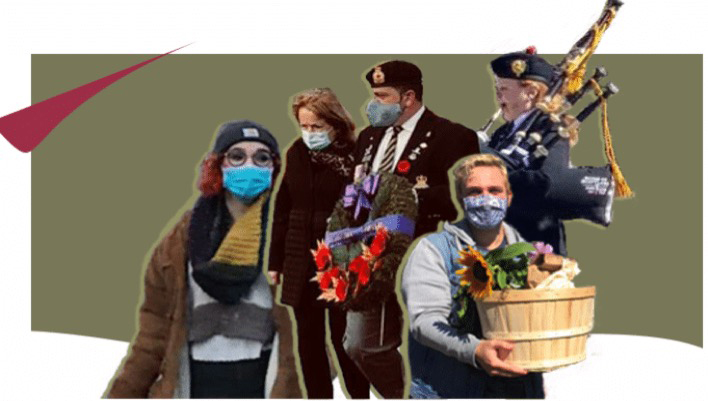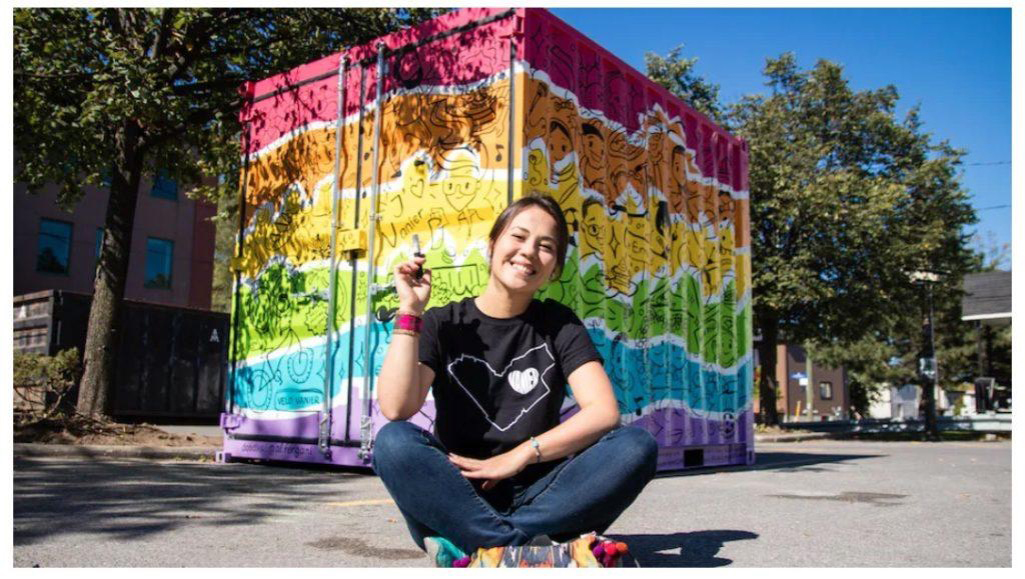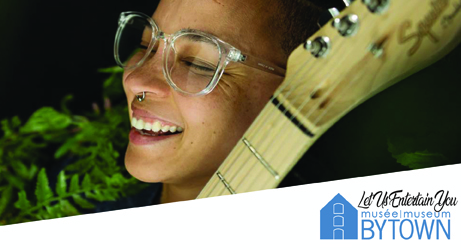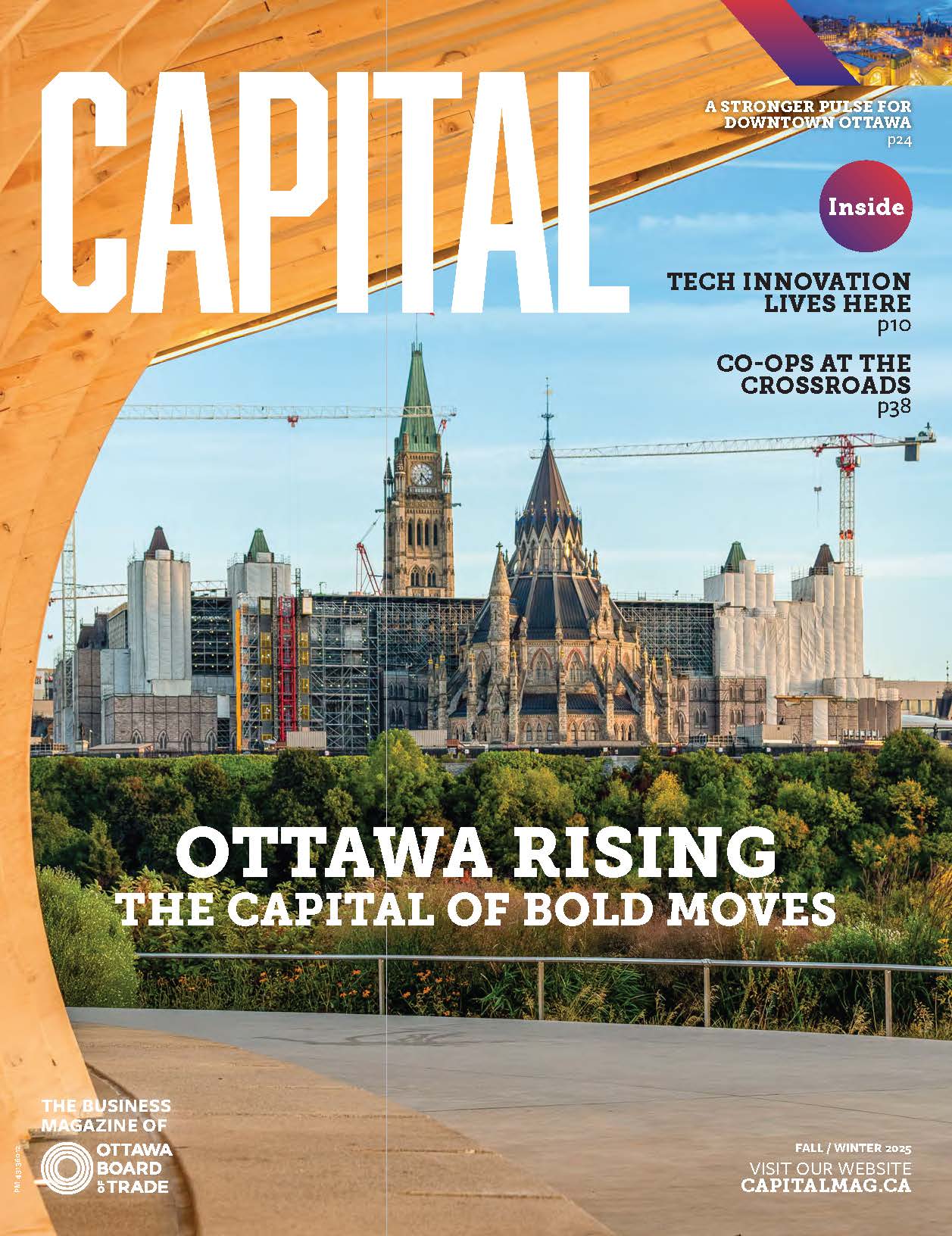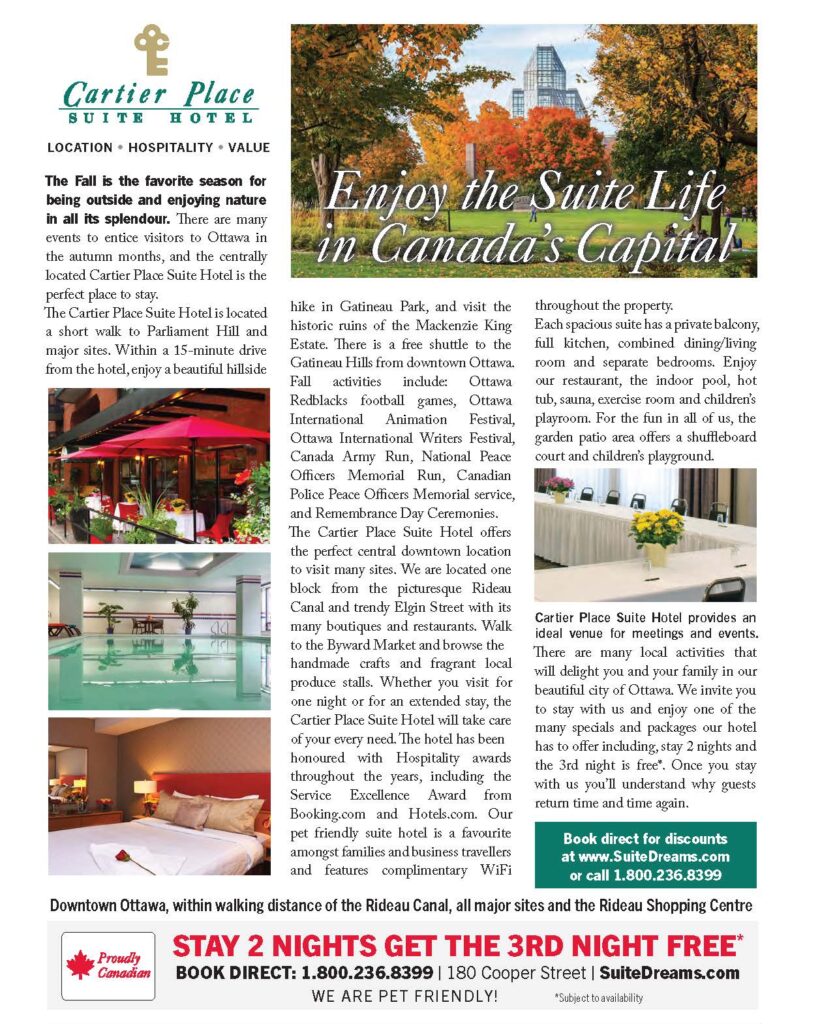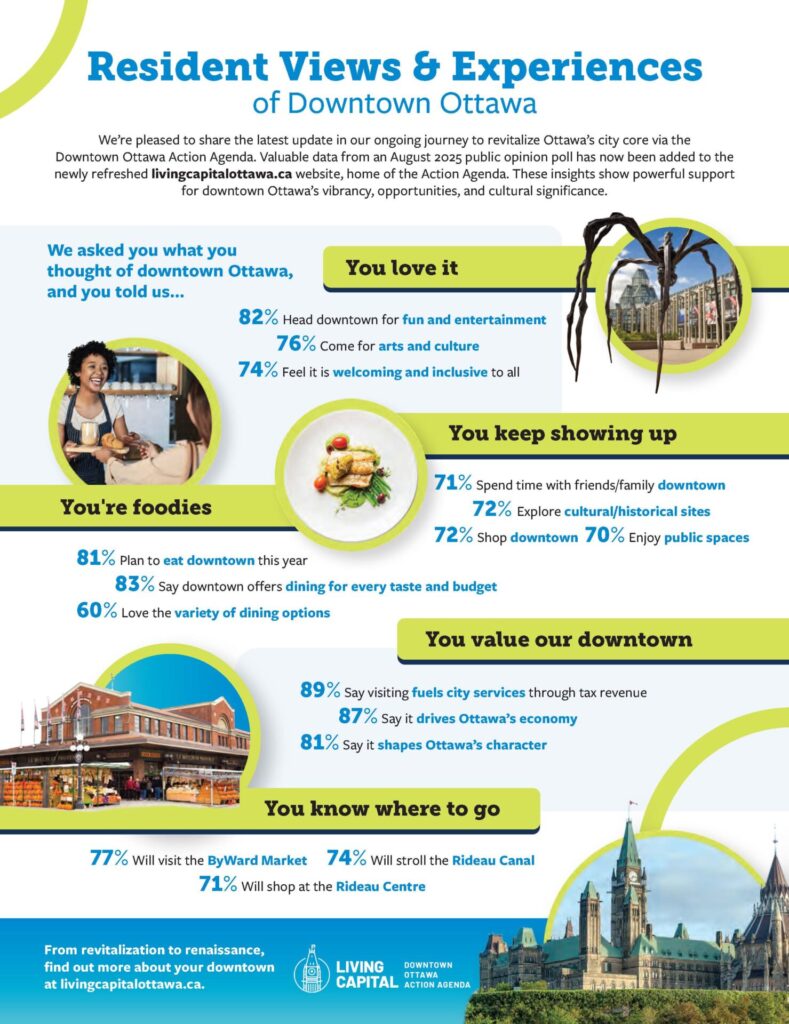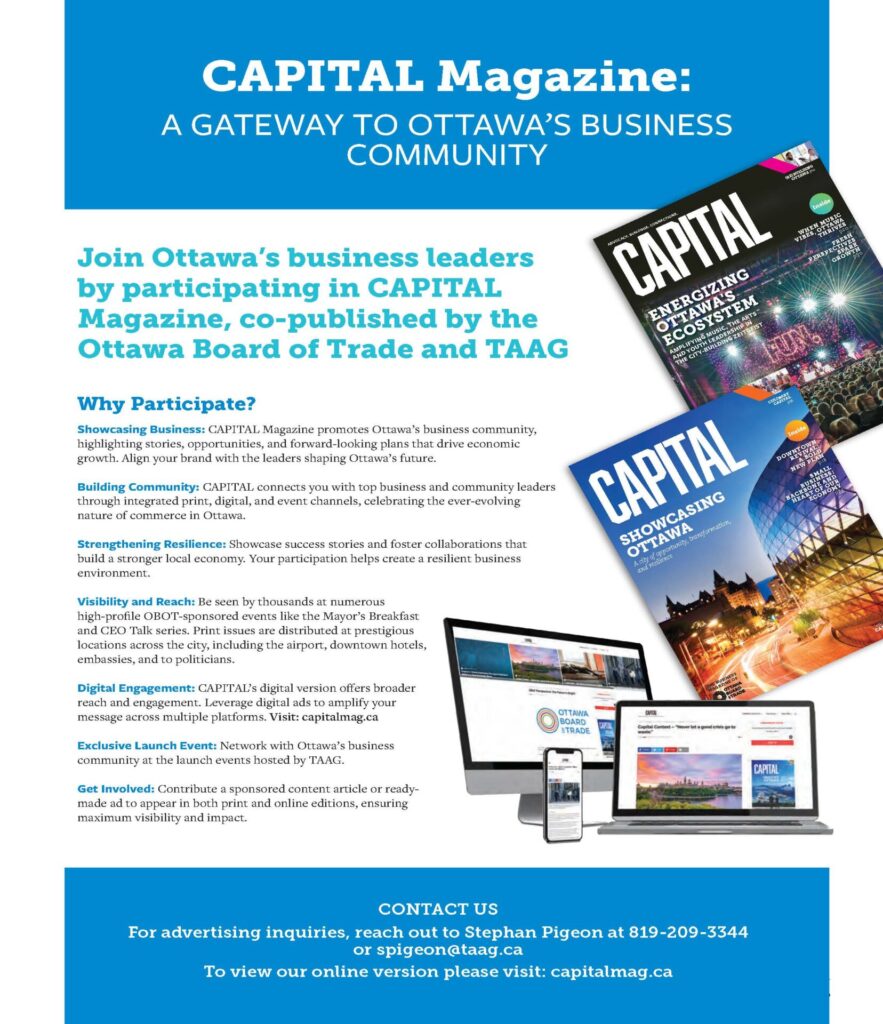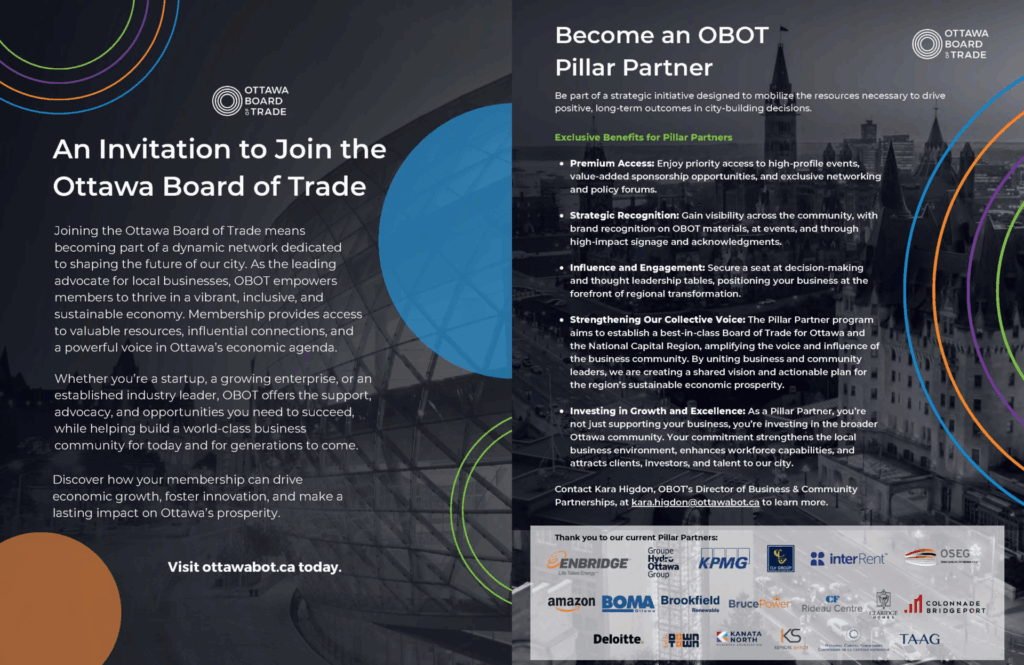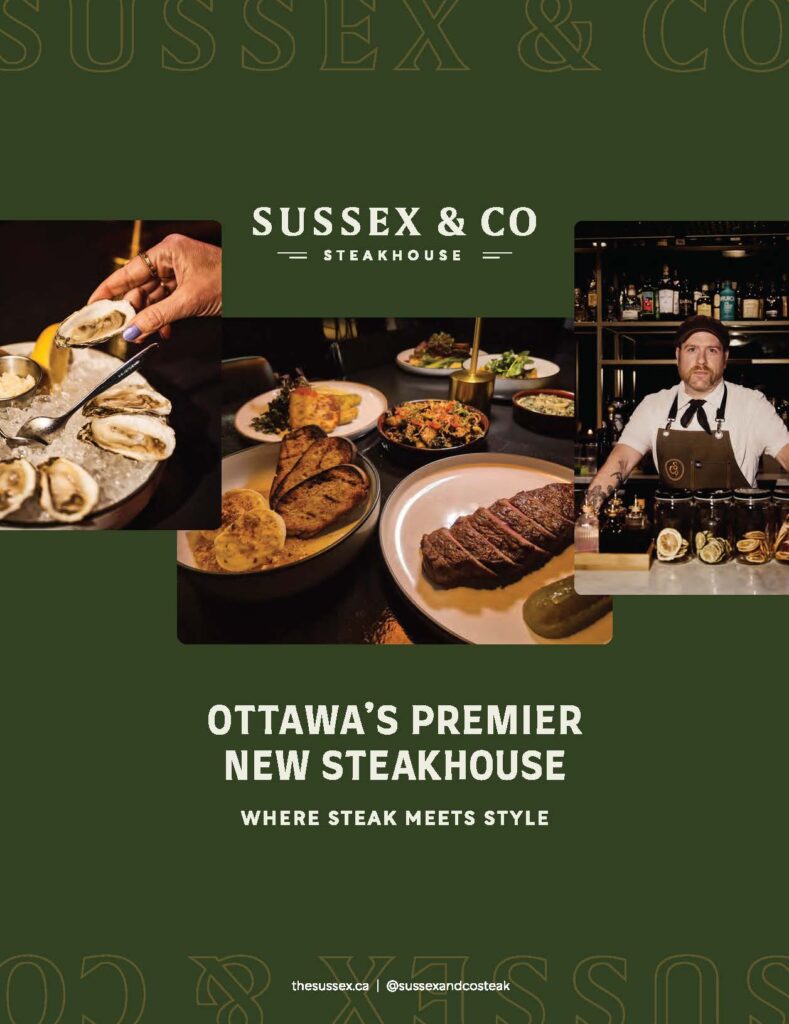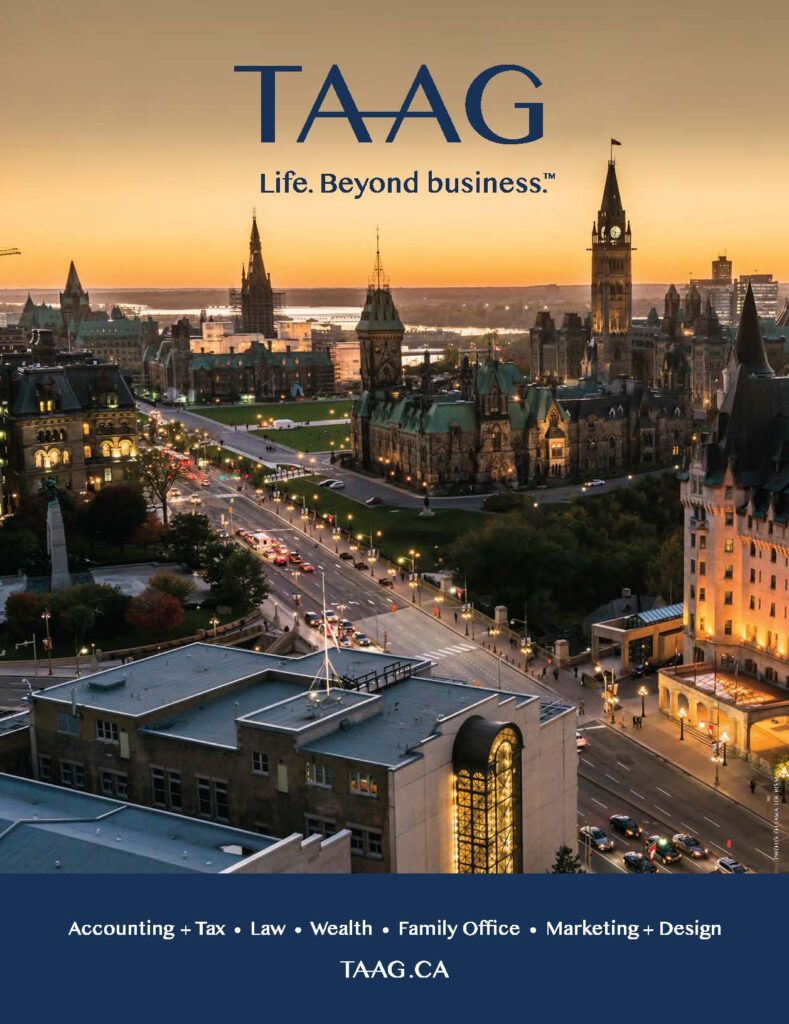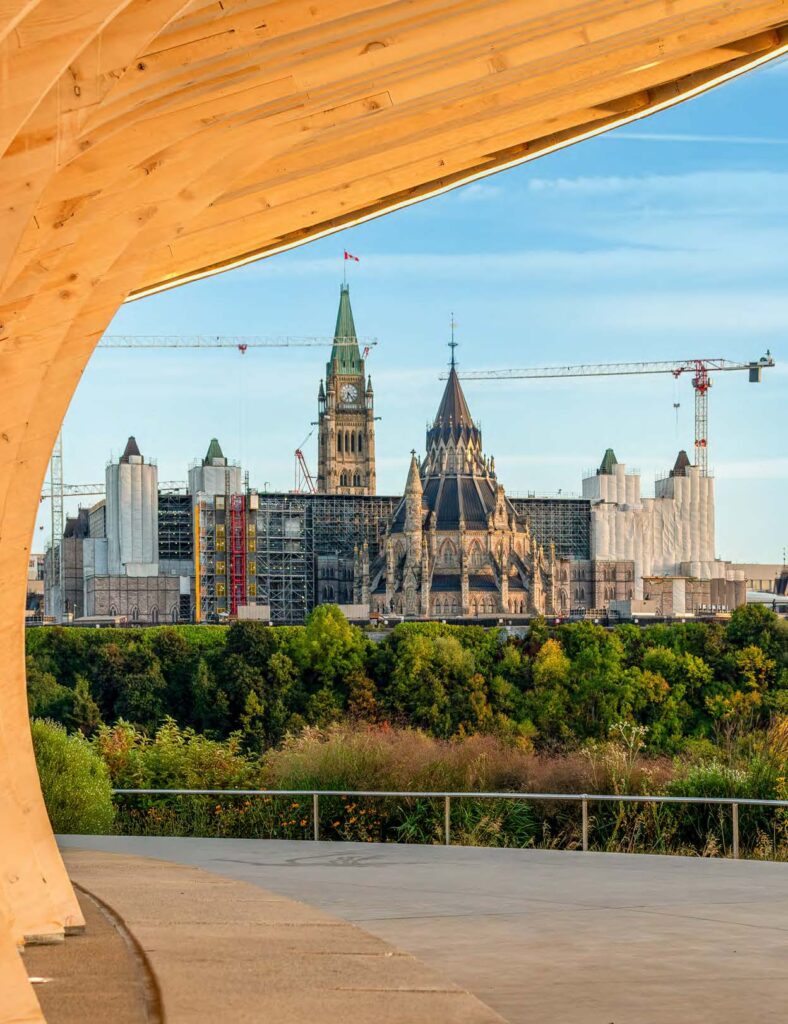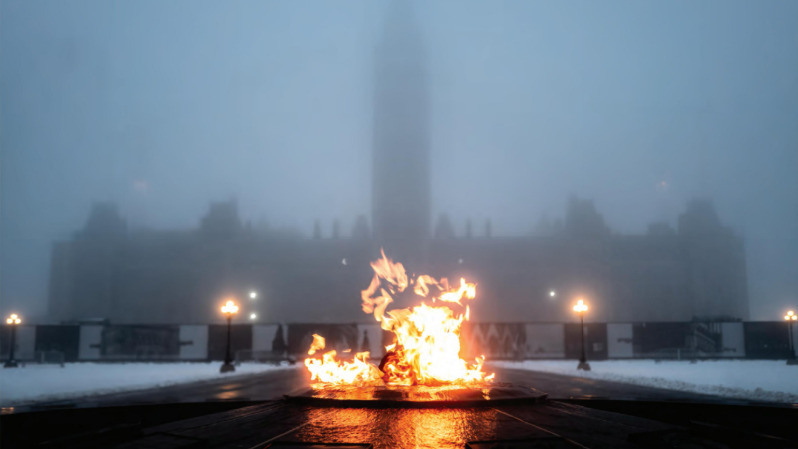Culture Counts

As Ottawa rebuilds post-pandemic, culture needs to be front and centre in the plan.
In city building — especially in a world capital — culture counts. That’s the message representatives from Ottawa Cultural Alliance organizations (Arts Network Ottawa, Capital Heritage Connexion, Heritage Ottawa, Ottawa Arts Council, Ottawa Festival Network, Ottawa Museum Network) would impart in the context of Ottawa’s exciting future.
And count, culture clearly does. Be it arts, cuisine, festivals, film, music or our tangible and intangible heritage and histories — our cultural offerings are what make us unique from any other metropolitan area. They also make a positive impact in our economy. In 2018, Heritage Canada reported that cultural contributions to Ottawa’s GDP were approximately $3 billion, not including indirect and induced economic impacts. In per capita terms, Ottawa’s 2018 culture GDP was $2,983 – 53 per cent higher than Ontario’s $1,947.
“We’ve come a long way in recognizing that together with federal government and high tech, tourism is a key economic generator, and we need to realize that culture is a significant contributor here too,” says Catherine Lindquist, executive director of Capital Heritage Connexion. “Together, culture and tourism count for more than 50,000 jobs or almost a tenth of our workforce. Culture counts when it comes to our highly ranked and enviable quality of life.”
This has been emphasized in Ottawa’s new Place DNA® rebranding work done by Destination Think! and by Ottawa Board of Trade, Ottawa Tourism and Shopify executives. And further underscored throughout the pandemic, with cultural venues closed or their offerings curtailed, cultural workers and volunteers laid off and clients unable to participate in cultural activities, book venues for events, register for programs, purchase merchandise and tickets, pay admissions or make onsite donations.
“Our cultural sector was hit hard and fast by the novel coronavirus,” Lindquist says, “and support for this vulnerable sector has been limited.” Ottawa Festival Network executive director Carole Anne Piccinin notes that “Ottawa’s festival sector was projecting a loss of more than $32 million in anticipated revenues in 2020 alone.”
“Across the arts community, those in music, film and the performing arts have been the most vulnerable,” says Nicole Milne, executive Director of the Ottawa Arts Council, which, with the City of Ottawa, undertook an income-loss projection modelling project from the onset of the pandemic. “In the first six months, more than $220.6 million in revenues were projected to be lost, yet despite this, the cultural community was one of the first sectors to shift digitally.”
The Alliance has been heartened and impressed by the resiliency and creativity its members have shown in what Lindquist calls ‘pivoting through the pandemic paradigm shift’. Piccinin and Lindquist point to the impressive shift of the 2020 Summer Solstice Indigenous Festival to a multi-faceted online experience, which included culinary workshops, a socially distanced Powwow, education days and a virtual Indigenous marketplace. The change in format led to the festival’s audience jumping from 50,000 in-person attendees in 2019 to 500,000 across Canada connecting online. This year, the festival has added an Indigenous Music Awards and a drive-in experience.
Cassandra Olsthoorn, executive director of Arts Network Ottawa (ANO), points to the work of Uzbekistan native Kseniya Tsoy. Tsoy produced her From a Parking Lot Into a Vibrant Community Hub, one of ANO’s Neighbourhood Arts Ottawa community-engaged arts residency projects in partnership with the Vanier Community Service Centre, with support from the Vanier Community Association and Quartier Vanier BIA and funding from the Ontario Trillium Foundation and Ottawa Community Foundation.
“This is an example of how culture can contribute to the concept of 15-minute neighbourhoods being proposed in the city’s new draft official plan,” says Olsthoorn. “Picture dynamic popup and permanent places to create and share cultural experiences in neighbourhoods that engage and reflect our evolving, diverse population. How incredible would that be?”
To understand how their members rallied and adapted through the pandemic, Capital Heritage Connexion asked how their organizations showed strength in these unprecedented times. “We were overwhelmed with the response,” Lindquist says. “From developing new virtual experiences to take-home education kits, their stories show strength and ingenuity. We created a living archive on Ottawagraphy, where you can discover the tenacity and true grit of our resilient members through their stories, and featured them on Heritage Day and a continuing social media campaign.” Lindquist and Ottawa Museum Network executive director Diana Carter highlight the initiative of mutual member, the Bytown Museum. Though shuttered, it worked quickly to deliver edu-taining social media vlogs, entertainment performances and a Beyond Bytown lecture series.
The Connexion is also bringing members together through ConneX zoom sessions to discuss pandemic solutions on topics from crisis communications to re-tooling for re-opening. And, Heritage Ottawa representative David Jeanes notes that the pandemic hasn’t halted their advocacy work to protect landmark historic sites such as the Château Laurier and now Alexandra Bridge.
Alliance members also say the pandemic has increased public awareness of how critical culture is to our well-being and joie de vivre, and that cultural experiences will be at the top of the list for many, as we return to a new normal. People want to interact at festivals, arts performances, galas, galleries, diverse ethno-cultural community gatherings, culinary events, historic sites and museums, natural heritage areas and guided tours and walks. The cultural sector will therefore play a pivotal role in restarting the economy.
This could be further supported by mobilizing work on a new cultural plan and supporting investments to succeed the City’s 2013-18 cultural plan. Work on a new plan has not yet begun. With City support, the alliance recently undertook extensive work and consultations in developing A Liveable City for All: A New Cultural Roadmap for Ottawa 2019-22 that maps out the path that allows all citizens to take part in Ottawa’s culture scene. Key findings included the need for aggregating consolidated information, marketing and ticketing for cultural offerings; providing greater access to more popup and permanent community cultural spaces city-wide; and appointing cultural champions on City Council to mobilize this work in a position akin to that of the sports commissioner.
New pandemic needs are for stimulus and cost recovery programs for cultural venues and programming, such as for HVAC and PPE equipment, rapid virus testing and increased digital capacities. The Alliance notes that, for the most part, city and provincial cultural funding has not increased in many years and investment is required now more than ever.
The Ottawa Cultural Alliance can be counted on to work with other economic organizations and leaders, all levels of government, NGOs and the business community to advance culture as a focus of city building in the capital.
artsnetottawa.ca
capitalheritage.ca
heritageottawa.org
ottawaartscouncil.ca
ottawafestivals.ca
ottawamuseumnetwork.ca
